
Romania has several tall monuments which are real attractions for visitors.

After the installation of the first communist government in Romania, the Romanian Communist Party began to implement the planned or command economy.
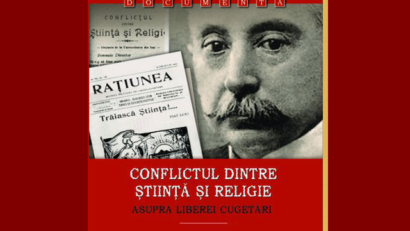
Throughout history, challenging the authority of the clergy was often accompanied by movements that sought to reform religion.
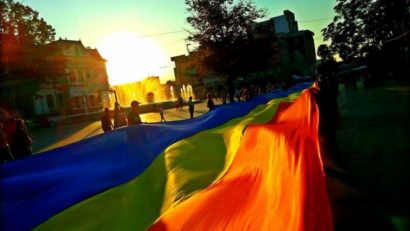
On March 27, 1918 the Country's Council, the representative assembly of all Romanians from Bessarabia, voted for the union with the Kingdom of Romania

In times of war, heroism blends with the tragic, the comic and the absurd.

Cooking has a magical component that has been an interesting topic for historians, folklore researchers and anthropologists, who have assigned it cultural value
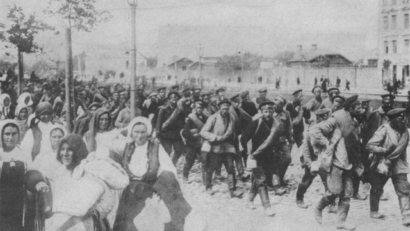
Romanias campaign of 1916-1917 ended with the Treaty of Bucharest signed in Buftea in 1918.

The Romanian mens saber team has won the World Cup contest held in Polish capital Warsaw this past Sunday

The word “torturer gained widespread use in the Romanian language after 1989, being a derivative of the verb “to torture. Communist prisons were the environment where the embodiment of this word, the torturer, appeared
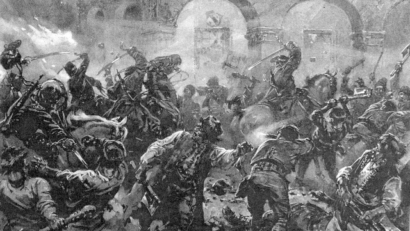
This year Romania marks 110 years since the bloody Peasants' Uprising of 1907

1927 was a crucial year in Romania's political history, when democracy entered a period of crisis.

A common figure in classic travel books, the adventurous explorer in search of gold and earthly paradise is a rare occurrence in Romanian history.

Augste-Felix-Charles de Beaupoil, Count of Saint-Aulaire, became ambassador to Romania in the troubled summer of 1916.

Based on the treaty of August 1916, between Romania and the Entente, the Russian army committed itself to backing the front.
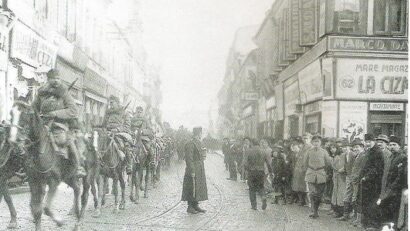
A look at the two years of German occupation in Bucharest at the end of WWI
